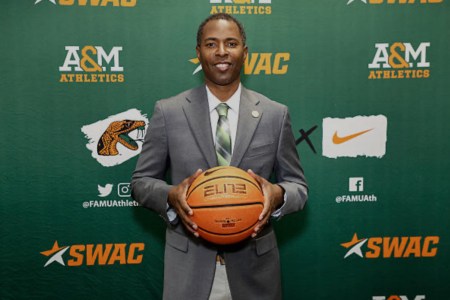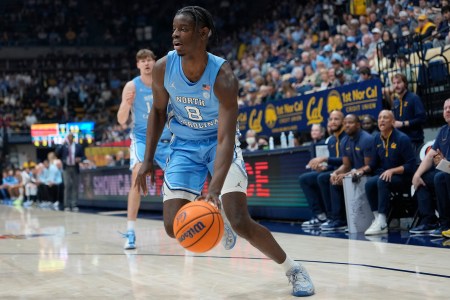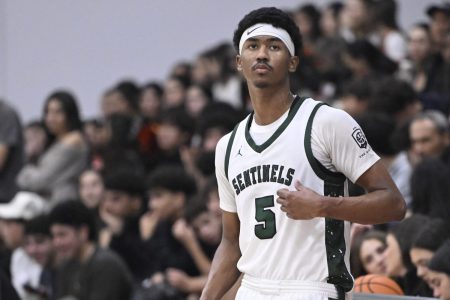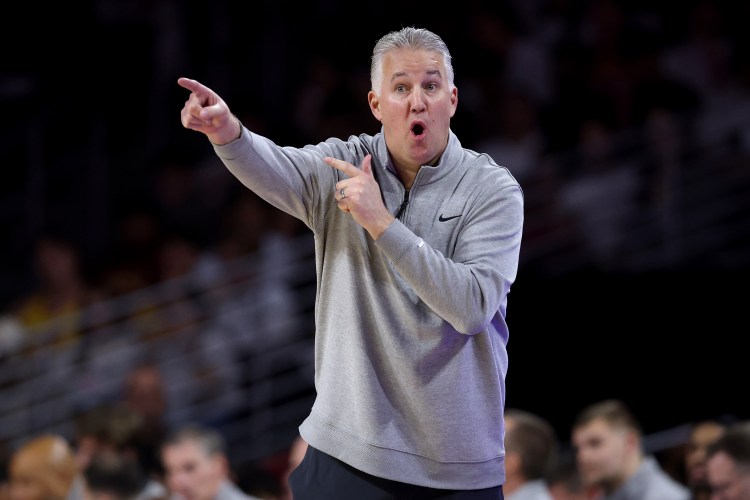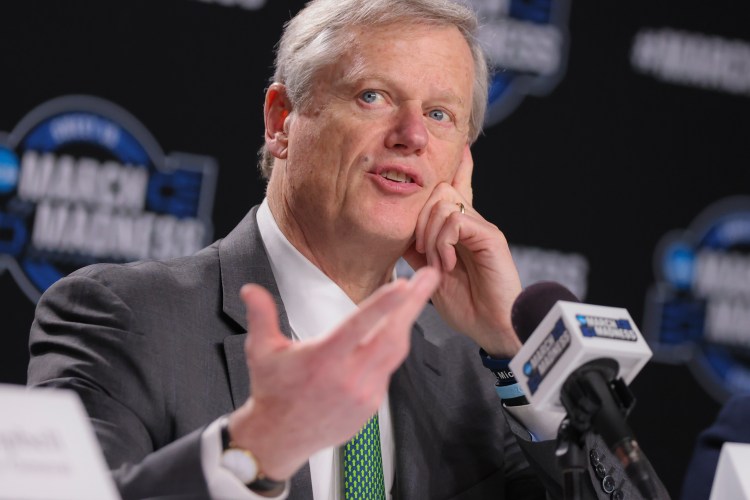Georgia Tech’s strong finish last season didn’t result in an NCAA Tournament bid or even its first winning record since the COVID-affected 2020-21 campaign. The late surge that produced a 7-3 record over the final 10 regular-season games and included back-to-back upsets of ranked opponents Louisville and Clemson did, however, pay off with a more subtle, long-term benefit. It helped convince star forward Baye Ndongo and two other key players to stay with the Yellow Jackets, giving coach Damon Stoudamire the kind of veteran core and continuity that has become a rarity in the new landscape of college athletics.
“What we built toward the end of last year and guys tasting success has bled into our spring and summer, and now into our fall, to where you see things differently,” Stoudamire told Hoops HQ. “You see culture. You see guys who have bought in. You see guys that came here because they see our program trending in the right direction. So that makes last year and what happened a big part of what we’re going to do moving forward.”
As with any rebuilding project, Stoudamire’s effort to return the Yellow Jackets to the national prominence they enjoyed in the 1980s and ’90s under Bobby Cremins starts with a solid foundation. Ndongo and redshirt senior Kowacie Reeves, both of whom arrived in Atlanta at the same time as their coach two seasons ago, are the cornerstones of the process, along with promising sophomore Jaeden Mustaf.

Ndongo is an athletic 6-foot-9 junior who followed up a strong freshman season by earning third-team All-ACC recognition a year ago. Reeves is a battle-tested 6-foot-6 wing with the ability to run the floor, get to the rim and defend. Mustaf is a skilled 6-foot-5 combo guard with a high ceiling and an impressive pedigree as the son of former first-round NBA Draft pick, Jerrod Mustaf.
While it would make for a heartwarming narrative to believe that loyalty to Stoudamire and a desire to build on last season’s momentum were the sole motivations for the trio’s return, that’s not how things work anymore. Amid the new realities of NIL, revenue sharing and relaxed transfer rules that have players coming and going through programs faster than a Chick-fil-A drive-thru, college basketball has become a business similar to that of the NBA. Financial considerations have become the driving force for most personnel decisions on both sides of the equation.
It’s a landscape Stoudamire understands better than most, having spent two seasons as an assistant with the Boston Celtics before his hiring at Tech.
He Won the Heisman and Played in the NBA. Now Charlie Ward Is Taking Over at Florida A&M.
Four months ago, Ward wasn’t thinking about college hoops. Now, he’s running the show at FAMU, hoping to breathe life into a moribund program and continue his commitment to the Tallahassee community.
“All these years, it’s been about nurturing young men, getting them to buy into the pillars of your program and getting a degree,” the former Arizona All-American and NBA Rookie of the Year said. “Today, with money involved, there has to be a vision for everybody involved. Everybody wants to win, but that means conversations have to be had about what makes sense economically. Sometimes what makes sense for the player might not be what you can give as a program.”
One such discussion took place when two-year starting point guard Naithan George entered the transfer portal shortly after the Yellow Jackets’ opening-round NIT loss to Jacksonville State. George, the ACC’s assist leader at 6.5 per game last season, eventually transferred to conference rival Syracuse. His potential for NIL earnings undoubtedly played a role. Considering his value, Tech’s budget did not allow Stoudamire to retain both George and his other foundational piece, Ndongo.
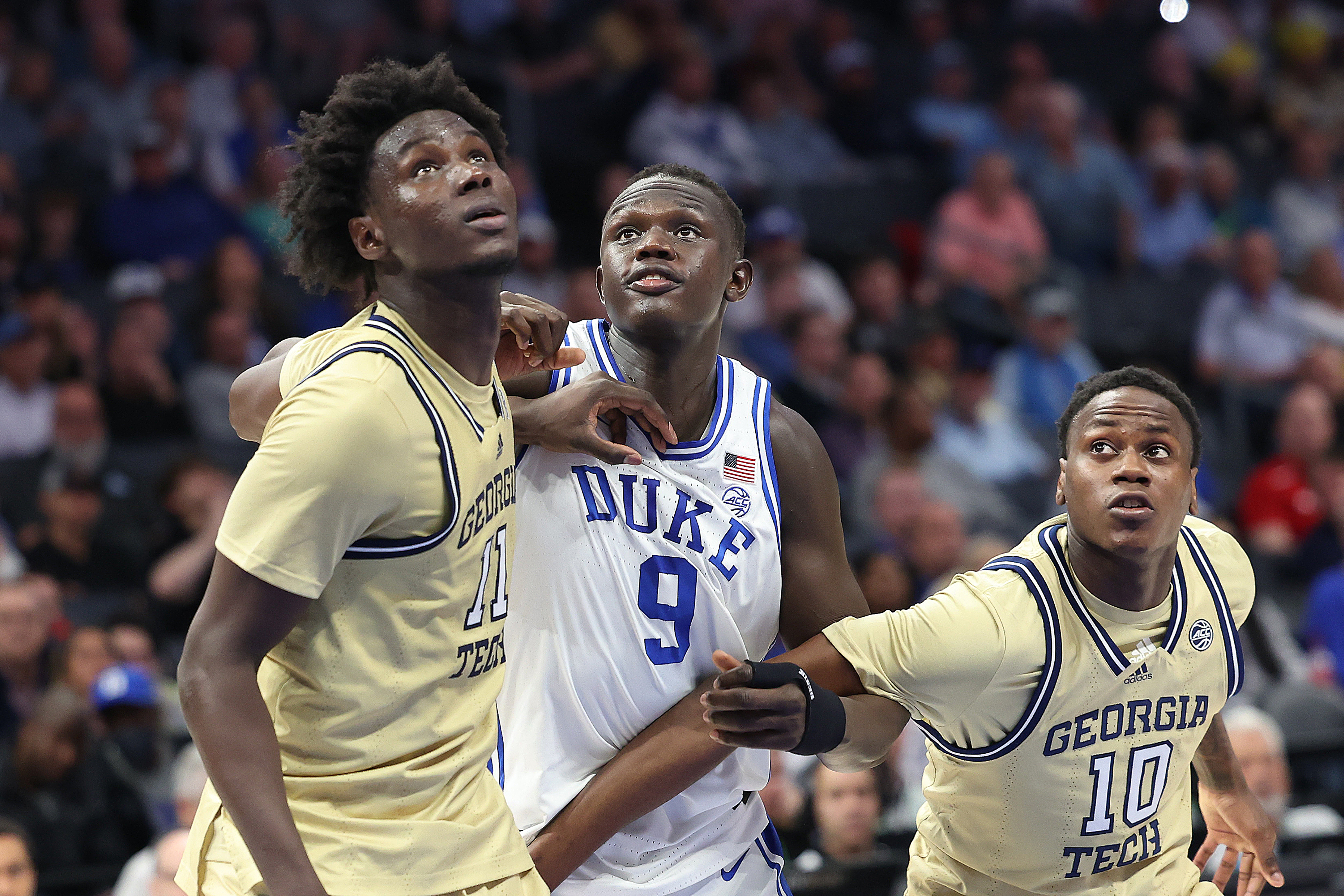
It made more sense to keep the dynamic big man who has averaged nearly a double-double in his career while finding a presumably cheaper point guard out of the portal – which turned out to be 6-foot-4 senior Lamar Washington from Pacific. And not just because of Ndongo’s on-the-court contributions. His presence on the roster also had a direct influence on the recruitment of another of the Yellow Jackets’ important building blocks, 6-foot-10, 240-pound freshman Mouhamed Sylla.
“He gives us another offensive rebounder and rim runner, and he’s an elite shot blocker,” Stoudamire said. “He’s going to show the country that he’s one of the best big men in college basketball.”
The top-ranked center in this year’s class specifically referenced Stoudamire’s handling of “my boy Ndongo” – his Senegalese countryman – in announcing his choice of Tech over such heavy hitters as Kansas, Arkansas and Oregon. Sylla is a mature 21-year-old projected to make an immediate impact for the Yellow Jackets. He is the best prospect in a six-man recruiting class ranked No. 12 nationally by Rivals and No. 4 in the ACC by 247Sports.
Stoudamire’s strategy of surrounding his returning core with so many incoming freshmen rather than loading up on veteran free agents with limited remaining eligibility was a conscious decision made with an eye toward building and maintaining a sustainable program beyond the coming season. That is assuming the results, and by extension the culture, are strong enough for the Yellow Jackets to continue building on the foundation currently being set.
“Everybody knows from watching me play that I love putting young guys up in there so they can get better and we can see them grow,” Stoudamire said. “You don’t want to have to build a whole new team every year.”

